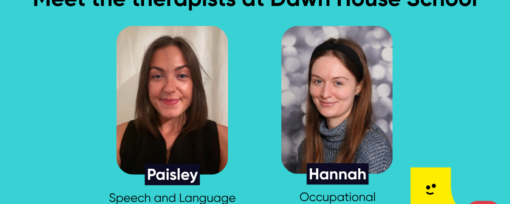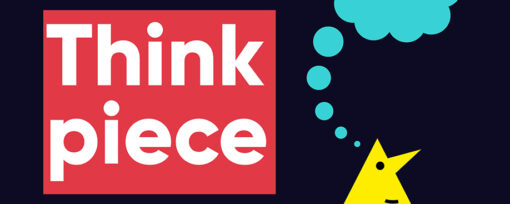News and blogs
For 1.9 million children in the UK, learning to talk and understand words feels like and impossible hurdle. Read our news and blogs to find out more about how we help to ensure these children get the support they need!
Filter results...
-

Our mental health and speech and language challenges roundtable
This week, we launched our report on the link between mental health and speech and language challenges at a roundtable discussion in the House of Commons.
Read more
-

Speech and Language UK responds to 18% surge in children needing ...
New government figures released today reveal a stark 18% rise in children and young people with Education, Health and Care Plans (EHCPs) for Speech, Language and Communication Needs (SLCN)—up from 78,199 in 2023 to 92,004 in 2024.
Read more
-

Shocking double disadvantage: Two million UK children with speech and ...
A devastating double disadvantage is robbing two million UK children of a happy, healthy childhood, according to a new report launched today by Speech and Language UK.
Read more
-

Jane, our CEO, takes on The Big Silence
Read more
-

Celebrating Father’s Day: Steve’s story
Read more
-

Government must match words with action for children with speech and ...
Responding to the Government’s Spending Review
Read more
-

Meet the team: Specialist therapists at Dawn House School
Read more
-

Why scrapping Education, Health and Care Plans (EHCPs) isn’t the ...
Read more
-

Our response to the Government’s announcement to expand the ...
Read more
